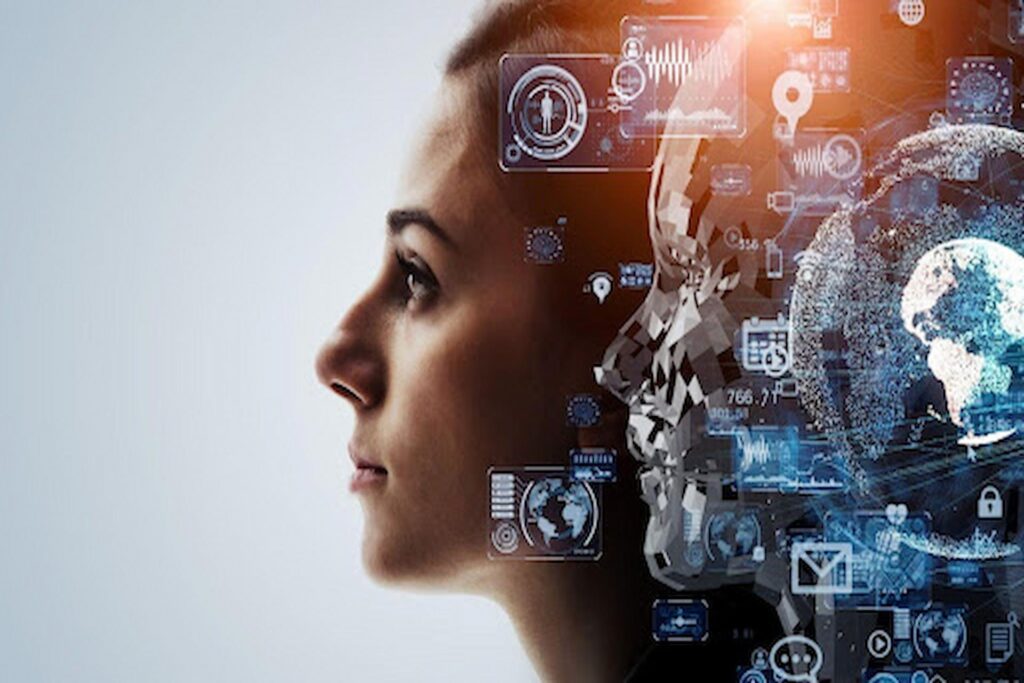Technology is advancing faster than ever before. From artificial intelligence to automation, it continues to transform how we live and work. But as machines become smarter, one important question grows louder: Where does humanity fit in? Balancing innovation with ethics is now one of the biggest challenges in the modern world.
Technology has the power to improve lives, but it also carries risks if used without responsibility. Finding the balance between progress and ethics ensures that technology serves people, not the other way around. This harmony between human values and innovation is what defines the true success of modern tech.
The Promise of Innovation
Innovation brings endless opportunities. It helps us solve global problems, improve healthcare, and make education accessible to all. Artificial Intelligence (AI) assists doctors in detecting diseases early, while automation makes industries more efficient. These innovations save time, reduce costs, and improve the quality of life.
However, every new advancement also brings new challenges. Data privacy, digital surveillance, and algorithmic bias are growing concerns. The same technology that helps us connect can also invade our privacy or spread misinformation. That’s why ethical responsibility must grow alongside technological power.
To explore how innovation connects with daily life and creativity, visit Urbansplatter, where modern living and technology come together beautifully through fresh ideas and inspiration.
Understanding Tech Ethics
Tech ethics means using technology in ways that respect human rights and dignity. It focuses on fairness, transparency, and accountability. The goal is to make sure innovations don’t harm people or society.
For example, when AI tools make decisions, like approving loans or screening job applications, they must be fair to everyone. If an algorithm learns from biased data, it could treat certain groups unfairly. To avoid this, developers need to design systems that reflect equality and honesty.
Ethics also means being transparent about how technology works. People should know when they are interacting with a machine, how their data is used, and what risks are involved. This builds trust between technology and its users.
The Role of Human Judgment
No matter how advanced technology becomes, human judgment remains essential. Machines can process information, but they lack empathy, intuition, and moral understanding. These are qualities only humans possess.
In fields like medicine, law, or education, technology can assist professionals, but it should never replace them completely. A doctor can use AI to analyze medical data, but only a human can understand a patient’s emotions and fears. Similarly, a teacher may use digital tools to teach, but personal guidance still makes learning meaningful.
Technology should enhance human ability, not erase it. The goal is cooperation between humans and machines, where both work together to create better results.
The Importance of Responsible Innovation
Responsible innovation means thinking about the long-term effects of new technology. Before creating or launching a product, companies should ask: Is this safe? Does it protect user privacy? Could it cause harm?
Tech companies hold great power, and with power comes responsibility. They must ensure their inventions don’t promote misuse, addiction, or misinformation. Many organizations now include ethical review boards that evaluate technology’s impact before releasing it.
Governments also play a role by creating laws that protect users’ rights and regulate technology’s use. Without clear rules, innovation can easily be misused.
You can learn more about how technology shapes our modern world at technology insights, where digital progress and responsible thinking go hand in hand.
Building a Human-Centered Future
The future of technology depends on how we use it today. A human-centered approach ensures that people remain at the heart of innovation. It values safety, respect, and inclusivity over profit or speed.
This approach encourages collaboration between engineers, ethicists, and communities. By listening to diverse voices, we can design technologies that benefit everyone—not just a few.
The next generation of innovations, such as AI-driven healthcare or smart cities, should focus on solving human problems with compassion. When technology is guided by empathy, it creates solutions that truly improve lives.
The Balance Between Progress and Principles
Innovation and ethics are like two sides of the same coin. Without ethics, progress can become harmful. Without progress, society stops growing. The real challenge is to move forward while protecting the values that define us as human beings.


